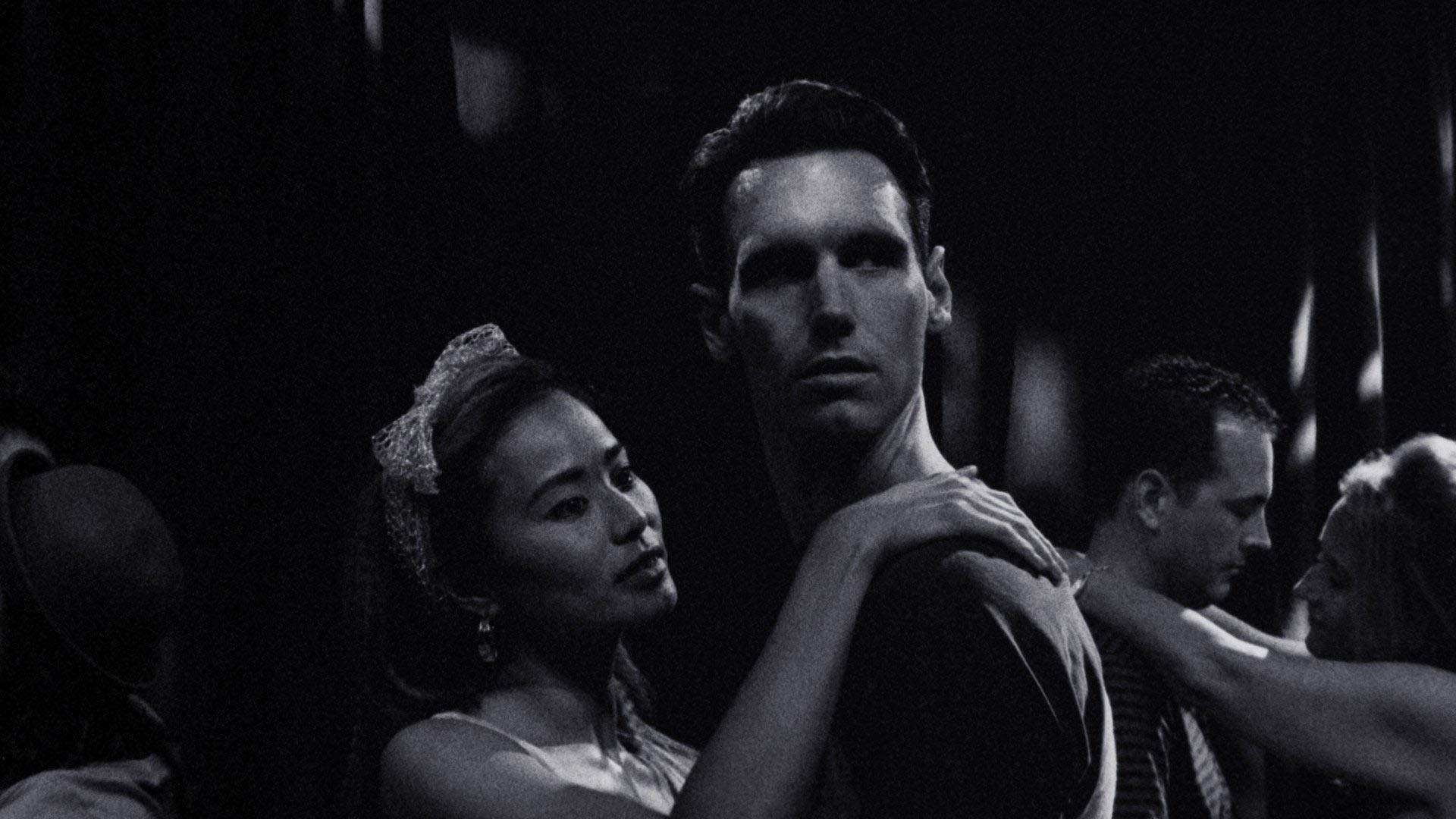1985
Powerful and poignant, this thoughtful drama explores a 20-something man's homecoming in the mid-80s.
Overview
Stepping back to its titular year, 1985 is filled with signs of its time — from Walkmans playing Madonna, to bars pulsating with synth, to fashion choices that couldn't come from any other period. And yet, for all of the exacting music choices, production design decisions and costuming touches, it's the film's cinematography that grounds it so firmly in the past. With director of photography Hutch shooting on grainy 16mm, Yen Tan's third stint as a director feels like it was made in the era it depicts, then subsequently unearthed now. That couldn't be a higher compliment. This is how many low-budget movies looked three decades ago, with 1985 not only meticulously recreating the same aesthetic, but quietly nodding to the wealth of queer cinema that came before it.
Framed with precision, those speckled monochrome images serve another purpose, too. A film's style can say as much as its story, which is never in doubt here. 1985's black-and-white visuals overflow not only with visible texture, but with meaning and emotion — as seen in its loaded shadows, inky contrasts and jittery flecks. How better to convey a world where so much is left unsaid than to cloak it in grey? How better to express existential turmoil than to strand its protagonist between light and dark? And how better to show someone striving to soak in every last detail than to make each grain jostle for attention?
Every inch of 1985 looks and feels as it should — like Adrian Lester (Cory Michael Smith) has returned to his Texan hometown at the height of Reagan's America not just for Christmas, but with much more serious matters on his mind. The 20-something hasn't been back to Fort Worth since he left for New York, where he can express his sexuality openly, and his family haven't forgiven his absence. While Adrian's homemaker mother Eileen (Virginia Madsen) understands more than she'll ever utter, his Vietnam veteran father Dale (Michael Chiklis) openly seethes with hurt and hostility, and his pre-teen younger brother Andrew (Aidan Langford) clearly wishes he'd had a role model over the past few years. Awkward is one way to characterise this stilted reunion; caught between the conservative religious rhetoric spouted by the Lesters' favourite radio station and the reality of Adrian's new life is another.
Conceiving the narrative with co-editor Hutch, but penning the screenplay solo, Tan treads delicately around the obvious. Given that his protagonist is a gay man in the mid-80s, and that a climate of fear is evident from the outset, it's hardly surprising that AIDS leaves an imprint on this tale. Given the historical context, it's not difficult to guess where the film is headed either, however the movie's slow reveal is as much about reflecting Adrian's experience as it is about both storytelling and chronicling a pivotal period in the past. When a person is faced with tragedy, their perspective changes forever, and yet the minutiae of everyday life cruelly and relentlessly goes on. 1985's power and poignancy stems from this fundamental truth, as Adrian goes home, sleeps in his childhood bed, spends time with his family and hangs out with his high-school girlfriend (Jamie Chung), all while knowing what no one else does: although he steadfastly wishes otherwise, nothing can ever really be the same again.
In taking such an internalised journey — even one so astutely made tangible via stylistic flourishes — 1985 is fond of lingering in certain moments. This patient approach is noticeable, even in such a concise 85-minute movie, but it also has another function. As led by Gotham's Smith and ably supported by Madsen, Chiklis, Langford and Chung, this is a film anchored by exceptional performances that live and breathe when they're given the room to do just that. (Often, visually, Tan literally gives them space by peering at his actors in long and medium shots.) What comes to the fore, too, is the complexity of these characters, who never adhere to one-note archetypes despite initially appearing otherwise. That's another essential truth that 1985 conveys perfectly: no matter how transparent a person's facade may seem, you can never truly know just how they're afflicted by pain and heartbreak underneath.





